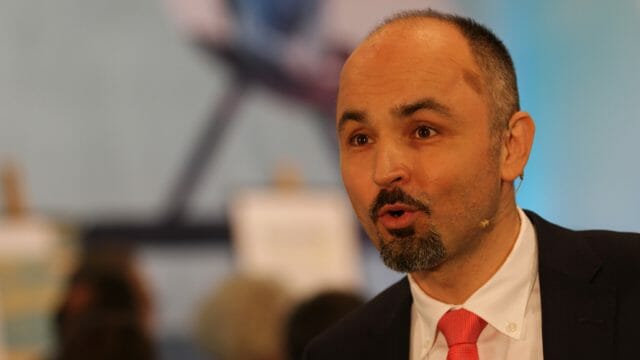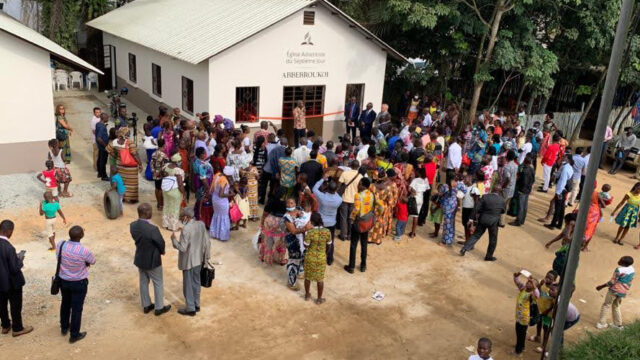You don’t have to choose between your family and your calling to ministry.

When I started in pastoral ministry I had two children in primary school. I was told by my mentor, “God comes first in a pastor’s life.” He modeled that being a shepherd meant taking care of the sheep. The first parent/teacher meeting I attended was when my 18-year-old son failed his preliminary final exam. I have failed. What went wrong?
As people in ministry we empathize with your story. Being in full-time ministry means living a life focused on helping others in their spiritual walk and devotion to God. This kind of work can be all-encompassing and relentless given the apostle Paul’s assertion, “For all have sinned and fall short of the glory of God” (Rom. 3:23).
The challenge in the context of full-time pastoral ministry, then, is to find balance in the service of God that does not adversely affect our families, which in turn alters the quality of ministry we offer to God’s people. In 1 Timothy 3:1-7 the apostle Paul outlines the profile of a ministry leader who has a spouse and children, and the quality of family relationships that affords the leader the opportunity to be ready for effective ministry. The family life described in this Bible passage will only be realized in the lives of pastors and others in ministry if deliberate attention is invested in meaningful family relationships.
It is obvious God should come first in the lives of pastors and Christian leaders, as your mentor shared. But it is important to know the difference between service to God and actual ministry. While we agree that God should come first, there should be a clear understanding that you cannot disregard your spouse and children to be successful in ministry.
We are not proposing that pastors shirk their ministry responsibilities to their flocks. Rather, we are suggesting for them to appreciate the imperative of putting first things first by better organizing their competing commitments and achieving balance in their spiritual, personal, and professional lives. Ellen White offered this counsel more than a century ago: “Nothing can excuse the minister for neglecting the inner circle for the larger circle outside. The spiritual welfare of his family comes first.”
Because pastors are the first level of leadership in the Seventh-day Adventist Church, the intensity of the job itself, added to the high rates of sometimes impractical expectations from church members and even from church leaders, sets up pastors to burn out quickly, or to live with a huge weight of remorse, irritation, and disappoinment. It is what we hear from you in characterizing your life of parenting as a failure, because it has taken many years for you to finally get to one of your child’s parent/teacher meetings.
The emotions you have expressed are a reality not only for pastors, they also have a corresponding effect on the pastor’s spouse and children. Many of the same expectations set on pastors often target their spouse and children as well. For example, the spouse—usually the wife—is asked to take on pastoral responsibilities; and their children are expected to be models of righteousness by displaying spiritual responsibilities greater than their years.
Please know that you have not failed. There is still time for you to make a U-turn away from the fallacy you received at the beginning of your ministry. Ask your spouse and children for forgiveness; determine to live with new priorities that demonstrate your commitment to putting your family first, after God. Also, remember the inspired counsel that offers: “Our work for Christ is to begin with the family, in the home. . . . There is no missionary field more important than this.”
You don’t have to choose between your family and your calling to ministry. Order your priorities and trust God to give you strength to live a life of balance.
We are praying for you and your family.
Willie Oliver, PhD, CFLE, an ordained minister, pastoral counselor, family sociologist, is director for the Department of Family Ministries at the world headquarters of the Seventh-day Adventist Church.
Elaine Oliver, MA, LGPC, CFLE, an educator, counseling psychologist, and clinical mental health counselor is associate director for the Department of Family Ministries. You may communicate with them at Family.Adventist.org, or at HopeTV.org/RealFamilyTalk.








